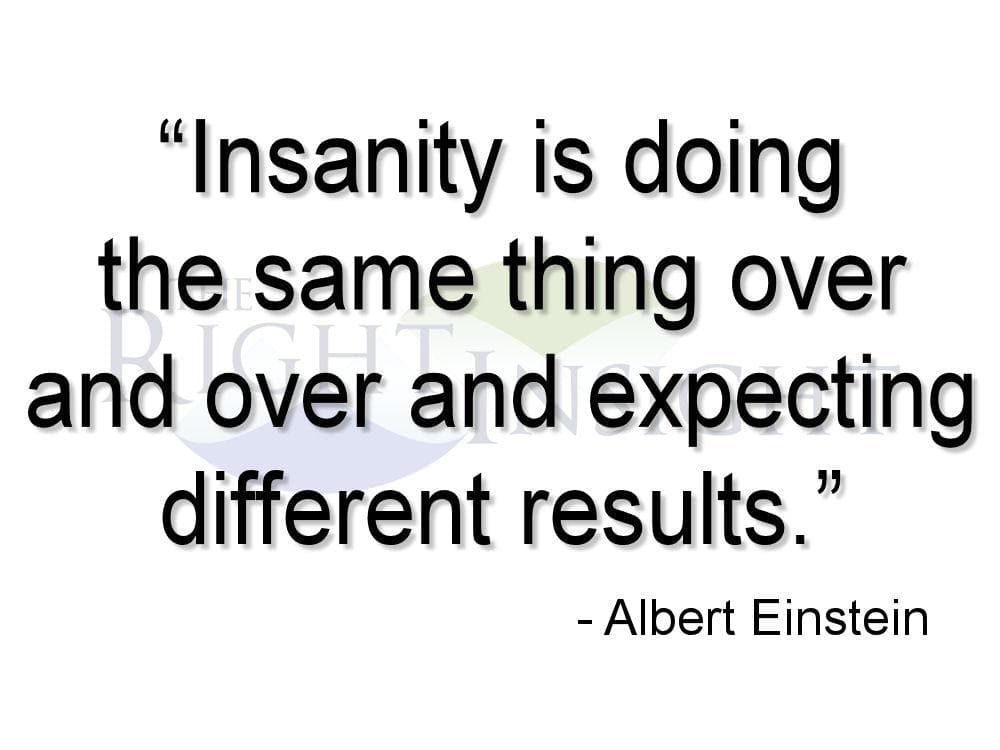“Those who cannot remember the past are condemned to repeat it.”
George Santayana
“Those that fail to learn from history are doomed to repeat it.”
Winston Churchill
"Insanity is doing the same thing over and over and expecting different results."
Albert Einstein
History: a chronological record of significant events (such as those affecting a nation or institution) often including an explanation of their causes
Merriam-Webster
History does not repeat itself identically because too many factors surrounding events differ or are subject to change during and after the events. History is easier to understand the more recent it is because more detail regarding an event is available for analysis and the factors surrounding the event have had less time to change. The ideal situation is the ability to analyze a series of events as they unfold in real-time, on their way to becoming history.
We currently have the opportunity to analyze several series of events regarding the transition from conventional sources of energy to renewable plus storage energy systems based on wind and solar generation. These series of events have occurred in two different states in the US and in two different nations in Western Europe. While each series of events was and is impacted by a unique set of surrounding factors, they share several common characteristics.
Each series of events involved aggressive introduction of renewable generation, while virtually ignoring electricity storage and relying on conventional generation to provide backup power when the intermittent renewable generation was either unavailable or operating below rating plate capacity.
Each series of events involved premature closure of conventional generating capacity, primarily coal and nuclear generation, thus reducing the backup capability of the remaining conventional generation.
Each series of events involved an unusual, but not unprecedented, weather event which significantly reduced the availability of the intermittent renewable generation capacity for a period of several days. These weather events included wind droughts in California and western Europe and unusually cold weather in Texas.
Each of these series of events has been accompanied by a significant increase in electric energy prices, despite government assurances that the transition to renewable generation would reduce electricity prices. These price increases are largely the result of the fact that the renewable generation is redundant capacity, since it continues to require equivalent conventional generation capacity as backup.
The consequences of these series of events in Western Europe have been aggravated by Russian reductions in natural gas deliveries, which then reduced the available natural gas combined-cycle generation output. This has resulted in numerous business and industry closures or output reductions due to reduced competitiveness or insufficient energy availability. Several Western European nations have altered planned conventional generation closures and begun reopening closed conventional generation.
States and nations which have not yet experienced similar series of events and their effects have the opportunity to learn from this history as it unfolds around them in real-time. Scheduled conventional generation plant closures are being deferred and expansion of electricity storage capacity is being re-evaluated. Continuing to do the same things is being questioned.
